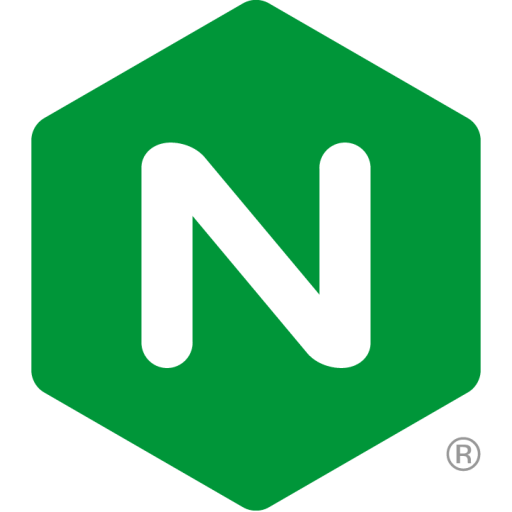As Kubernetes adoption has continued to increase, at NGINX we are closely tracking the Kubernetes and cloud‑native journeys of our community. In the 2021 NGINX Community Survey, we asked you a number of questions about where you are in that journey, what you are seeing and learning along the way, and what concerns you the most about this nascent technology.
Kubernetes Adoption by the Numbers
Let’s start with some adoption numbers. Of our respondents:
- 35% are using Kubernetes in production, including hybrid environments.
- 35% are actively exploring Kubernetes.
- 30% haven’t adopted nor are they actively exploring Kubernetes.
If you’re like me, those numbers might make you think, “Wow, that’s a big difference from the 2020 Cloud Native Computing Foundation (CNCF) survey that had 83% of respondents using Kubernetes”.
Yes, it’s a big delta. But consider this: the CNCF community is more likely to be trying out leading‑edge technologies. They’re also more likely to be biased towards early action on newer infrastructure like Kubernetes and container orchestration solutions. We expect that more members of the NGINX community will rapidly adopt Kubernetes as it matures along with the surrounding ecosystem, and we are actively working to bring that to fruition with solutions that make operating in Kubernetes relatively easy for those who are deploying NGINX solutions at scale.
As a proof point, let’s take a closer look at the subset of survey respondents who said they’re currently exploring Kubernetes. When asked “When do you plan to implement Kubernetes?” a staggering 72% reported plans to put Kubernetes into production within the next 12 months. This reflects trends we’re seeing in industry reports and from customer conversations: Kubernetes adoption continues to accelerate and is a common strategy in modern app initiatives.

Kubernetes Concerns: Knowledge, Complexity, Security, Scalability
We also asked “What are your biggest concerns about Kubernetes?” and got a multitude of answers ranging from minute details to broader concerns about configuration, developer learning curves, and handling persistent data in an ephemeral environment. Four primary concerns stood out:
- Knowledge – Your biggest concern was insufficient understanding of the technology and how it works. This is a logical concern before and in the early stages of adoption, and one that will subside as Kubernetes becomes more mainstream. We anticipate it will also lessen as more people gain Kubernetes expertise, especially in the networking and security domains.
- Complexity – The complexity of Kubernetes in its “out of the box” form (without the management tools provided in supported distributions) form is well documented. The networking model is completely different than those that came before, conflating Layer 4 and Layer 7 traffic and relying on a new service which is almost like an appliance – the Ingress controller – to optimize performance. Add in requirements around certificate management to the background of a radically ephemeral, rotating constellation of containers, and yes, it can be quite complex.
- Security – Kubernetes comes out of the box with basically no security turned on. This is quite a risk for enterprises looking to learn Kubernetes as they deploy it and it is probably one of the reasons for slower adoption in our community.
- Scalability – This concern is slightly ironic because the entire premise of Kubernetes is to create massively scalable cloud‑native applications. That said, the inherent complexity of Kubernetes is likely the root cause of concerns about scalability; a platform can be theoretically scalable but if it is too challenging to operate at scale, then, yes, scalability becomes a real concern.
Community Needs Drive NGINX Product Roadmaps
We’re fortunate to get your feedback, as it greatly assists our mission of crafting products that address community concerns and add real value. This survey is just one point of feedback – we truly welcome your input about what you want and need from our Kubernetes products. Thanks for helping us get smarter on this crucial topic.
Taking Kubernetes to Production with NGINX
Helping you get Kubernetes into production – and keep it there – is a big focus for us.
At NGINX, we believe it all starts with education. That’s why we’re offering Microservices March 2022: Kubernetes Networking. It’s our free month‑long education program on the fundamentals of getting traffic to your apps in a way that’s secure, resilient, and scalable. This year’s program gets into the nitty gritty to show how you can reduce complexity, strengthen security, and increase scalability by being proficient in Kubernetes networking.

